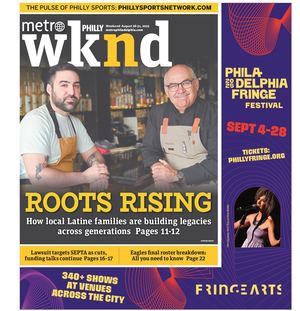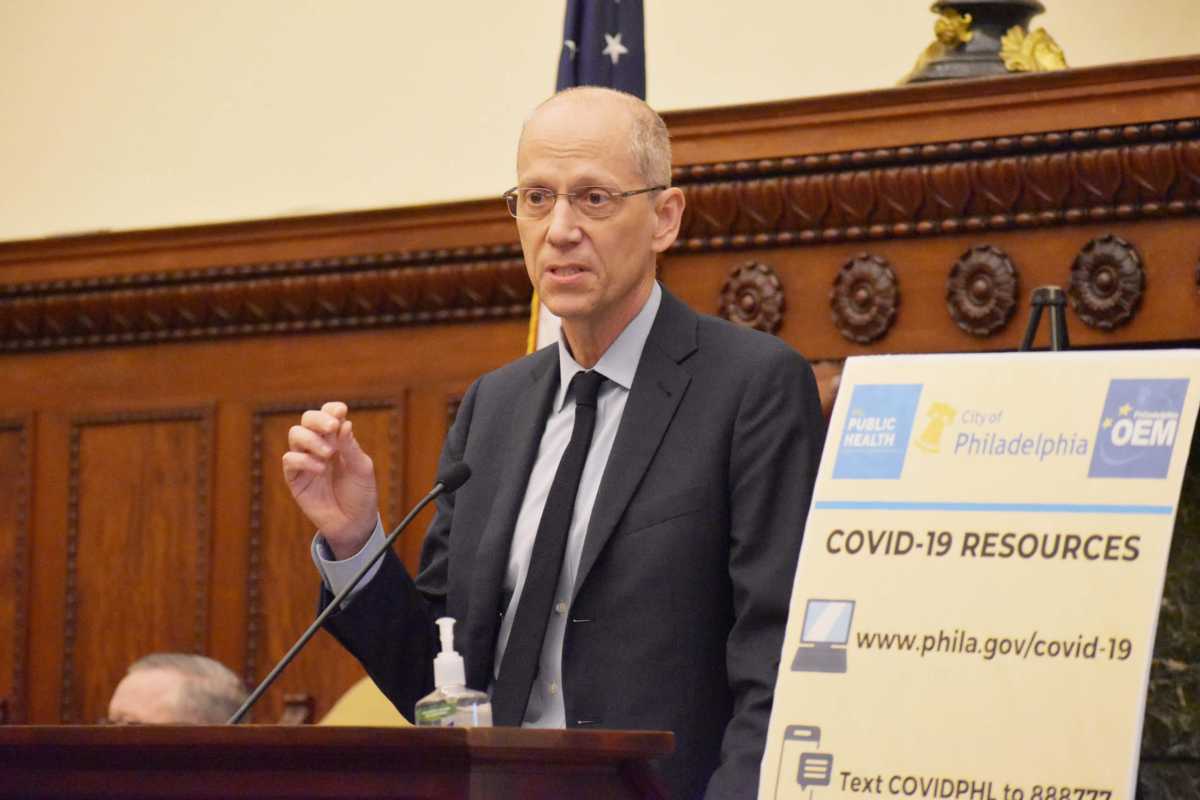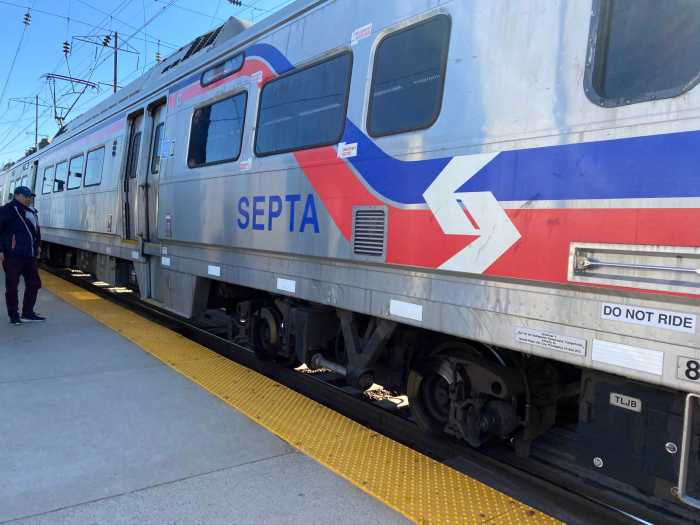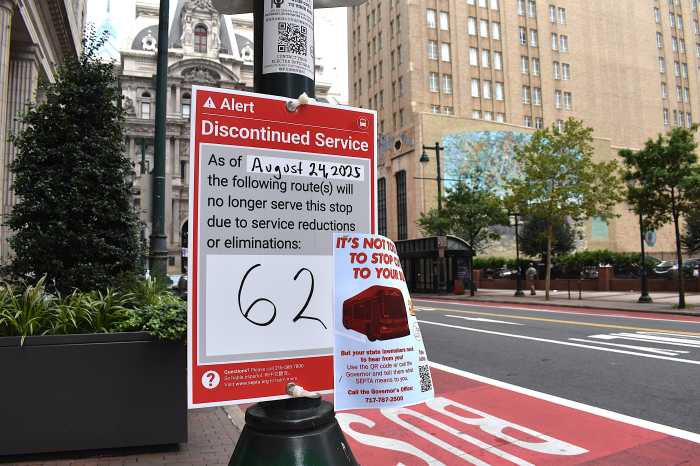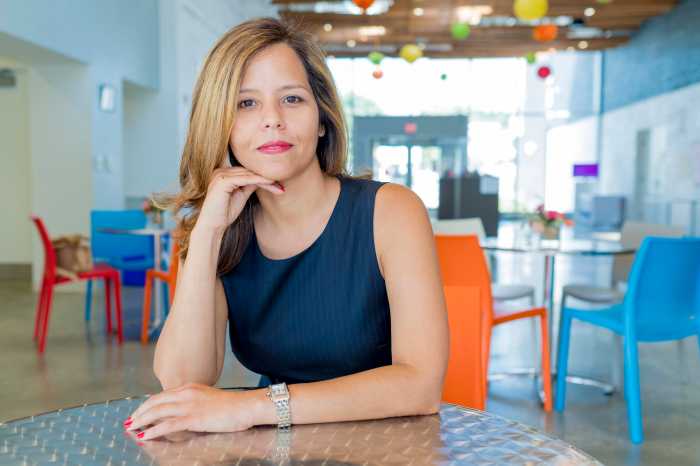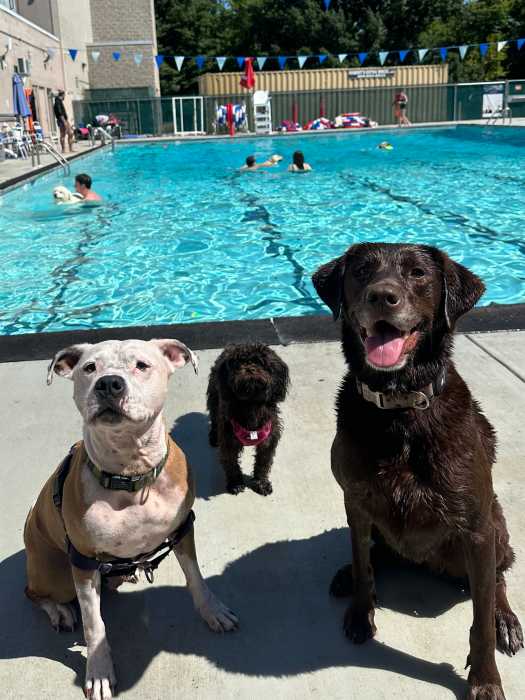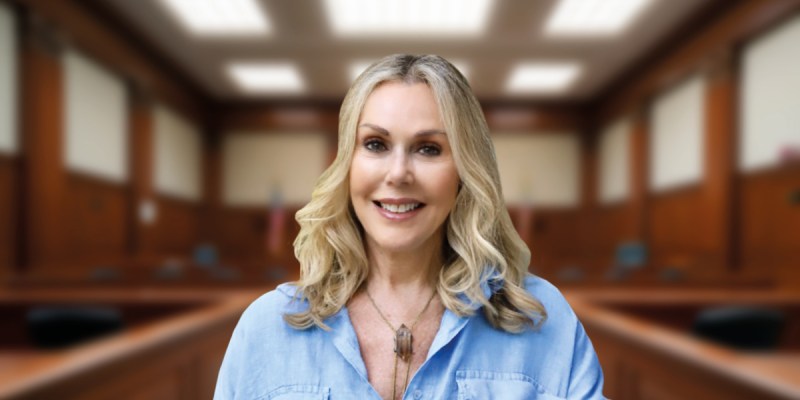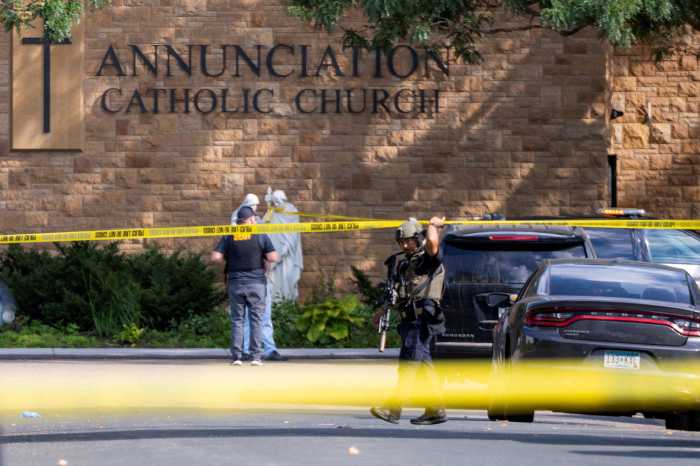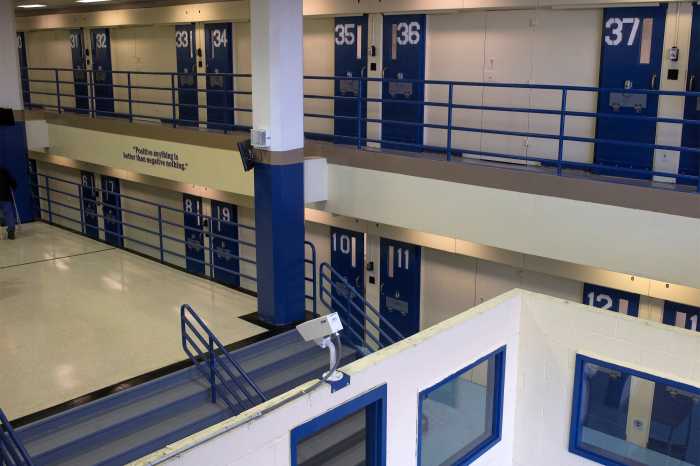“If you love your relatives, protect them by wearing a mask.”
That was the overall message from Mayor Jim Kenney and city officials on Tuesday during the city’s virtual coronavirus response update. Data from the Philadelphia Department of Health has shown that many Philadelphians are practicing proper safety protocols while in the workplace, shopping and around strangers, but tend to become more relaxed among family and friends.
“When you’re around your relatives, wear a mask. Anybody can have this infection and not know it,” said Health Commissioner Thomas Farley.
The city reported 142 additional confirmed cases of COVID-19 in Philadelphia, bringing the city total to 29,945 since the epidemic began. There were no additional fatalities confirmed. Case counts continue to rise and according to Farley, a second wave has arrived in Philadelphia.
“Across this region, we are seeing case counts rise everywhere,” said Farley, adding that Bucks, Delaware, Chester and Montgomery counties are also seeing an increase in coronavirus cases. “The second wave of the epidemic has now reached Philadelphia. Our case counts are not rising nearly as fast as the first wave we saw in March. Nonetheless, this represents a period of genuine risk. The epidemic is likely to be worse before it gets better.”
The city’s contact tracing program has revealed that many of the new cases have reported leaving the area during their time of possible infection—most commonly the Jersey shore. Kenney urged Philadelphia residents to stay home and avoid traveling and social gatherings of any kind.
“It remains imperative that residents—particularly our younger residents—avoid the temptation to attend parties or be in large crowds,” said Kenney. “I understand that we all miss being with friends. But the more outbreaks we have, the longer it’s going to be before we all can return to the sort of socializing that we were used to before the pandemic.
“Some other states, frankly, have done a terrible job. I think we’ve done a good job over the last several months in containing the virus, but COVID-19 is not gone,” the mayor added. “Our leaders at the federal level want to just close their eyes and hope this goes away, we here in Philadelphia are dealing with reality. The reality is this battle is far from over.”
In other coronavirus related news, the Philadelphia Department of Public Health’s new contact tracing program has been implemented to help trace all new COVID-19 cases and keep residents safer by alerting them to possible exposure.
The program obtains the names of those who tested positive for coronavirus from laboratories. Contact tracers then call that person, interview them to learn if other people were potentially exposed, and ask them to self-isolate for 14 days. The person who has tested positive is asked for a list of contacts—people who they have spent more than 15 minutes with within six feet—and those contacts are then alerted of their possible exposure. All contacts are asked to quarantine for 14 days and during that time, will receive text messages requesting updates on their status.
“The process involves interviewing hundreds of cases, which requires managing a very large amount of information—a lot of communication with many people is part of it,” said Farley. “There’s a large workload involved with this process.”
In an effort to reduce more positive coronavirus cases, the city has prohibited gatherings with more than 25 people indoors and more than 50 people outdoors. Also, the prohibition of all indoor dining has been extended through Sept. 1. Farley explained that indoor dining is inherently risky because there is a greater risk of infection indoors and also people are not wearing masks because they’re eating and drinking.
“I have real sympathy for restaurant owners, they have taken a big hit in this epidemic,” said Farley. “As case counts are rising, I think it’s better for them to not open then to open and shut down a week or two later.
“This virus is not going to go away until we have a vaccine and there are always going to be rises and falls,” he added. “This is really being spread within families and social gatherings, so we’re making recommendations to try and limit exposure.”
